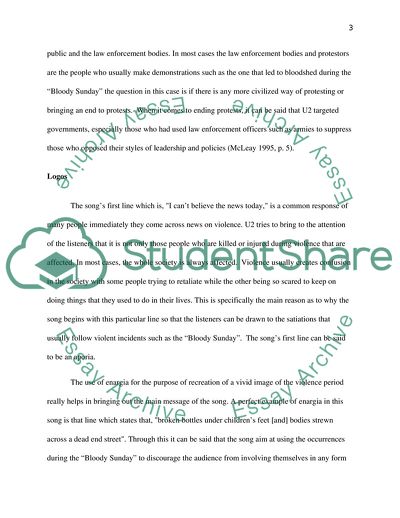Cite this document
(Rhetorical Analysis of Sunday Bloody Sunday Case Study, n.d.)
Rhetorical Analysis of Sunday Bloody Sunday Case Study. https://studentshare.org/music/1853434-a-rhetorical-analysis
Rhetorical Analysis of Sunday Bloody Sunday Case Study. https://studentshare.org/music/1853434-a-rhetorical-analysis
(Rhetorical Analysis of Sunday Bloody Sunday Case Study)
Rhetorical Analysis of Sunday Bloody Sunday Case Study. https://studentshare.org/music/1853434-a-rhetorical-analysis.
Rhetorical Analysis of Sunday Bloody Sunday Case Study. https://studentshare.org/music/1853434-a-rhetorical-analysis.
“Rhetorical Analysis of Sunday Bloody Sunday Case Study”. https://studentshare.org/music/1853434-a-rhetorical-analysis.


